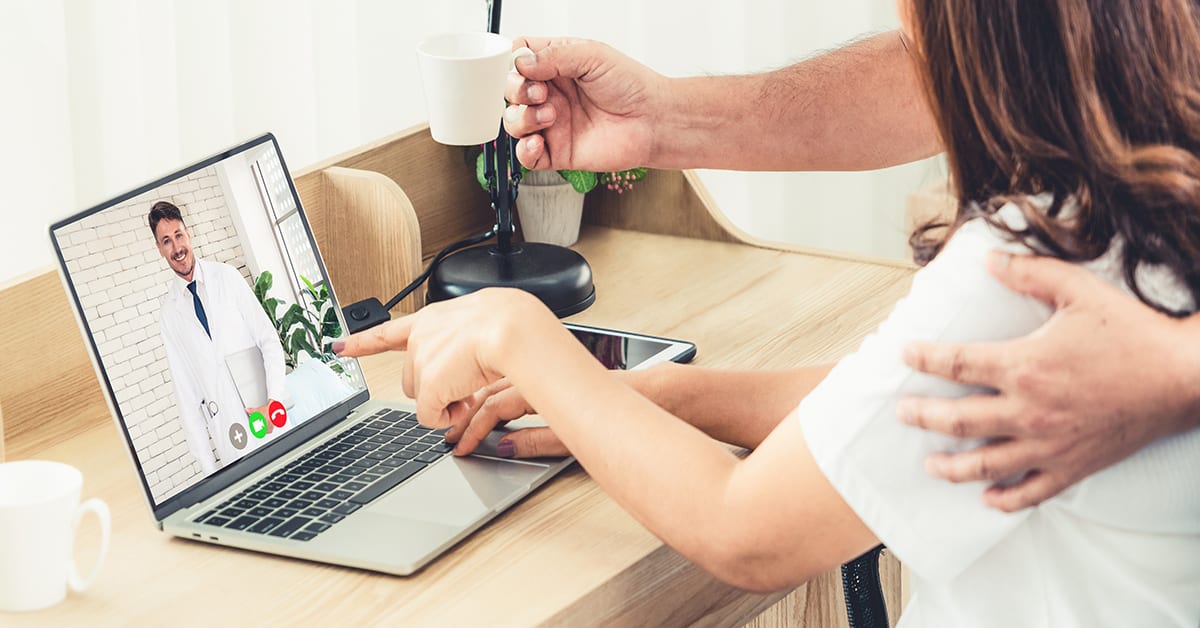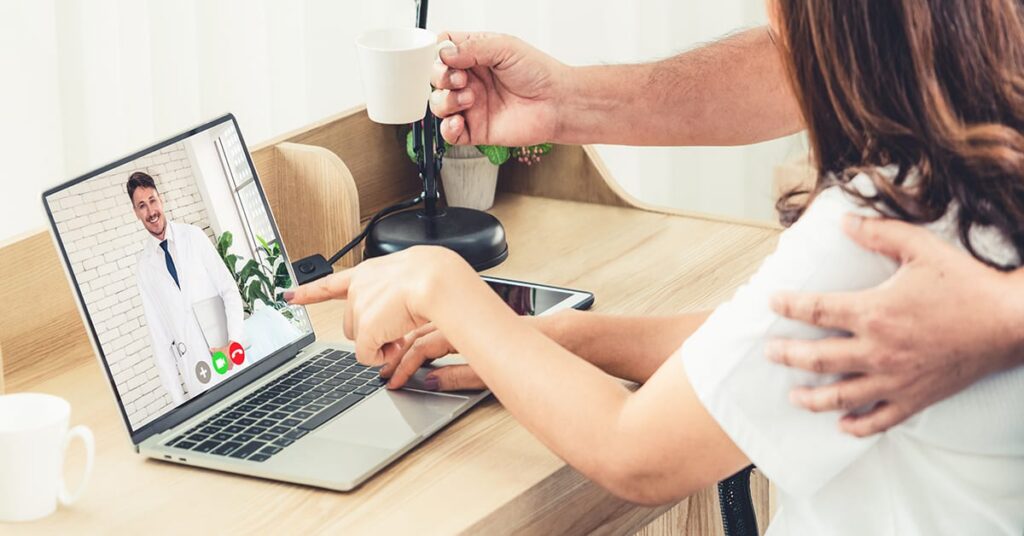Digital Approaches to Treating Addiction
Addiction treatment programs aren’t perfect and that’s where technology comes into play, including digital or remote addiction treatment.
The toll of America’s addiction epidemic continues to dominate headlines—from Instagram becoming a marketplace for advertising illegal drugs to fentanyl’s role in the rise of cocaine deaths. According to the CDC, 63.6K people in 2016 died from a drug overdose—a 21% increase from 2015 and three times more people than in 1999. This growth is not just from opioid and fentanyl-related mortality spikes—overdose deaths also increased across all types of drugs, among all races, ethnicities, genders, ages, and areas of urbanization. With no groups spared, Americans overwhelmingly believe drug addiction is a problem in their local communities.

Wide Variety of Remote Addiction Treatment
A wide variety of psychosocial and behavioral treatments are available, ranging from brief interventions to cognitive behavioral therapy (CBT), contingency management, motivational interviewing, 12-step therapy, and the community reinforcement approach. When delivered face-to-face, these treatments are effective in reducing substance use with significant moderate to small effect sizes when compared to non-active or treatment control conditions, respectively.
There are 20.1 million Americans with substance use disorder according to SAMHSA, in addition to millions who do not meet the clinical threshold for diagnosis, that stand to benefit from greater access to evidence-based treatment. Substance abuse treatments aren’t perfect and that’s where technology comes into play. The digital approach to treating addiction is becoming more and more because of these core issues with traditional treatment:
Benefits of Digital Addiction Treatment
Treatments are the same for everyone and don’t change over time. The new technology-learns from each individual’s disorder and therefore can treat multiple different issues. These digital solutions allow for more frequent data capture regarding engagement with and adherence to a program, which enables evaluation of a solution’s outcomes and modification of the program over time. With app-based solutions on the rise, collected data has the potential to be more robust than ever before.
Treatment services aren’t continually or when a patient needs them. Substance abuse treatment tends to be groups or sessions that last a couple of hours here and there for a couple of days or weeks and then the patients are left to themselves. When a patient leaves treatment, individuals are likely to encounter stressors upon discharge from treatment that may trigger an urge to use. Some facilities offer continuing care but some can’t accommodate.
This is where technology can play an integral role. Technology allows people to carry their support network and programs quite literally in their pocket. It also extends the work of care managers and sponsors, giving them a scalable way to monitor and communicate throughout a patient’s journey.
Most people with substance abuse problems don’t seek any form of treatment. There many reasons why one would not get treatment from the stigma, cost, and access issues, and a shortage of doctors trained in addiction. Even when these aren’t factors, some aren’t ready to stop using.
Yet this may be technology’s greatest potential to remedy the epidemic: to increase access to and lower the threshold for receiving treatment. Surveys show many substance users maintain a semblance of normalcy—they attend school, hold jobs, and remain in relatively healthy relationships. Providing a digital solution to these individuals enables them to seek help without having to wait for the problem to balloon—and from the comfort of their daily routines. Though some people will require an in-person intervention, apps can provide an easy onramp, ultimately guiding them to the appropriate intervention.
Digital Approaches for Treating Substance Abuse
At On-Call Treatment Center, we provide it all. Not only digital treatment where guidance is provided 24/7 but our carefully developed program of quality clinical care includes Day Treatment and Night Treatment (Night Treatment) levels of care. Our medical, clinical, and therapeutic team of experienced and compassionate professionals is available around-the-clock to treat all symptoms associated with addiction as well as the underlying causes. Our program of recovery is ideal for individuals who are ready for world-class addiction treatment who have been suffering from a substance use disorder.


